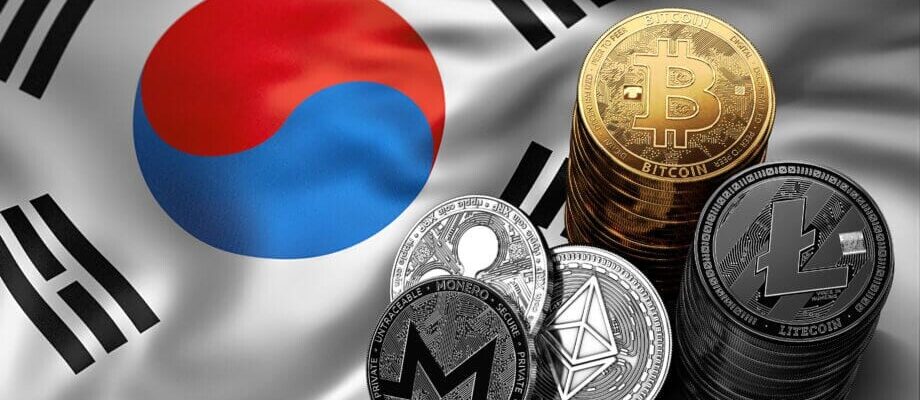On Thursday, the inaugural law of the Financial Services Commission in South Korea aimed at protecting crypto investors went into effect.
This is part of the country’s efforts to target the regulatory gaps relating to the digital asset industry.
The Law
The Virtual Asset User Protection Act aims to focus on unfair trading practices. This comes after the incidents that have happened in the last few years, such as the FTX collapse and the Terra-Luna crash.
Before the law’s implementation, South Korean crypto exchanges had also taken initiatives to avoid mass delistings before the rollout of new regulatory measures.
A press release was issued by the FSC about The Virtual Asset User Protection Act. The regulator said that they wanted to establish a foundation that could provide users safe protection.
It said that the law would ensure that those engaging in unfair trading activities are subjected to severe penalties. This would help in maintaining order in the digital asset market.
The press release also carried a copy of the law. The said Act refers to digital assets as electronic tokens that have economic value and can be transferred to traded electronically.
While the law talks of crypto in general, it does not include central bank digital currencies and non-fungible tokens.
The Rules
The law dictates that crypto exchange operators should deposit their users’ funds with financial institutions like banks. This is aimed at keeping them safe in the event of bankruptcy.
Exchanges are also required to pay interest on these deposits. Local exchanges would have to offer rates between 1% and 1.5%.
In addition, exchanges are also mandated to use cold wallets to keep some of the virtual assets that belong to their users. This is to keep them safe from system failures and hacks.
Exchanges also have to obtain insurance or put aside some reserves to cover potential losses.
Investor Protection
Crypto exchanges are required by the law to monitor and report any abnormal transactions to prevent unfair trading practices.
These include everything from unusual trading volumes to price movements. These will be reported to financial authorities to improve investor protection and boost the integrity of the market.
Crypto exchanges in South Korea also introduced guidelines earlier this month under the Digital Asset Exchange Alliance (DAXA) to avoid large-scale crypto delistings.
The guidelines highlight standards for supporting and terminating the trading of digital assets. According to DAXA, 1,333 existing digital assets would undergo a review for six months.
This is to ensure compliance that would combat the risk of asset removal and boost transparency. Over the years, South Korea has made significant efforts to regulate the crypto industry.
It has tried to tighten controls regarding how crypto is traded and treated. In March of 2021, regulations aimed at crypto exchanges had undergone revisions.
More than 60 marketplaces had to comply with the requirements of the Financial Intelligence Unit (FIU) in South Korea.
They had also been mandated to partner with banks to prevent fake accounts. Virtual Asset Service Providers (VASPs) had also been targeted in March of 2020.
Amongst other requirements, they were asked to comply with AML and KYC procedures.

